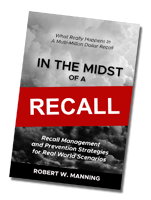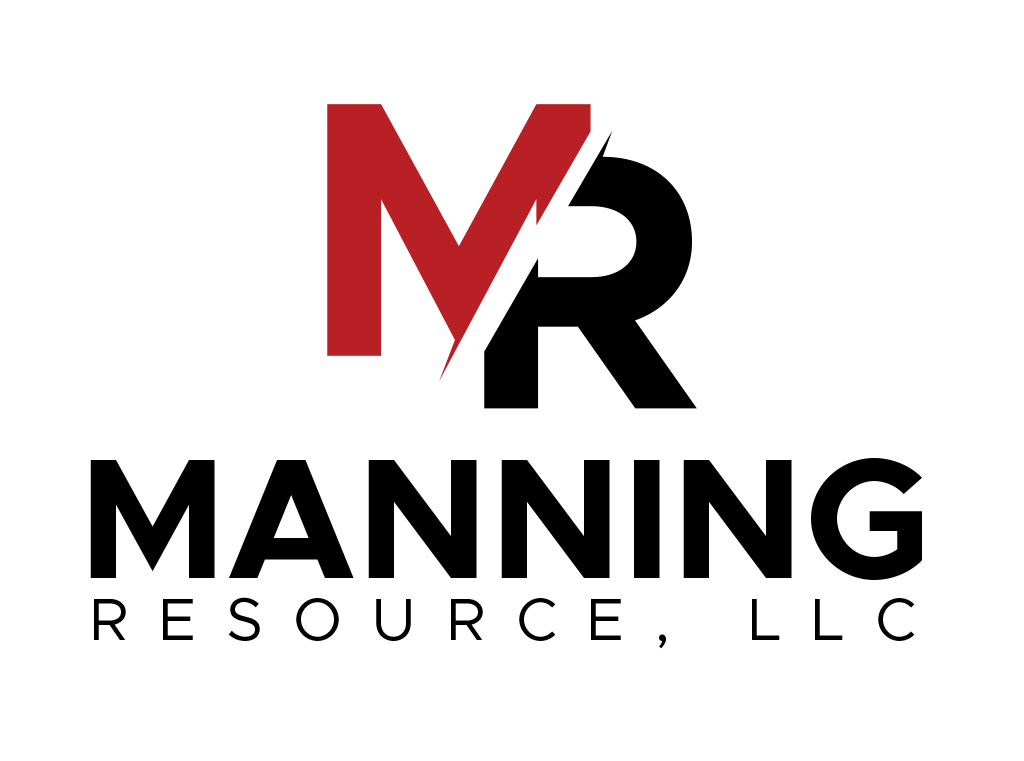Alef Sausage Inc. Recalls Ready-To-Eat Meat and Poultry Sausage Products Due to Misbranding and Possible Temperature Abuse
FSIS Announcement
WASHINGTON, April 21, 2023 – Alef Sausage Inc., a Mundelein, Ill. establishment is recalling approximately 61,574 pounds of ready-to-eat (RTE) halal meat and poultry sausage
products due to misbranding and possible temperature abuse, the U.S. Department of Agriculture’s Food Safety and Inspection Service (FSIS) announced today. The products were not labeled with a handling statement indicating that they should be kept refrigerated, which could lead to temperature abuse of the products.
The RTE meat and poultry sausage products were produced and distributed into commerce on various dates from 2018 through April 2023. The following products, of various weights, are
subject to recall [view labels – pdf – external source]
The problem was discovered when the New York State Department of Agriculture and Markets notified FSIS that it had observed the meat salami product stored at non-refrigerated temperatures at a retail store in Brooklyn, New York. The product is not shelf stable but was not labeled with a handling statement indicating that it should be kept refrigerated. FSIS’ investigation identified additional varieties of halal meat and poultry sausage products with the brand name “Sheikh” produced by Alef Sausage Inc. in commerce that did not bear a handling statement.
RECALL REVIEW
Without knowing the exact details of the issue, what are some of the areas that could possibly prevent such a recall?
What are some of the questions that should be asked?
- Who produced the product and were they properly trained and onboarded. Were relief operators from another area part of this and did they have proper training.
- Review the production order, recipe, and process that the information goes from planning to the production floor. Was the correct product produced against the schedule.
- What did the production operator receive for instructions, were they given the correct information to produce this product.
- Were there proper instructions or SOP’s (standard operating procedures) distributed through all parts of the operation from beginning to end.
- Did each area have the correct checklists during the process to assure that they were producing a product that was not shelf stable and needed to have proper documentation indicating such.
- What were their gaps in the review process at each step.
- Is there a proper communication and escalation procedure to identify and escalate issues in a fast manner.
- Is there a review process for labels as they enter the production facility for new and existing products (inspecting label and graphic revisions).
- How are the labels and packaging stored and is there an opportunity for them to be intermixed.
- What are the return procedures when labels and packaging are returned from the workstation to inventory.
- What are the final shipping inspection procedures.
Following the findings, there should be some type of review process (Post-Mortem, After Action Report (AAR), Root Cause Analysis (RCA), etc. with communications going out to the organization to prevent a reoccurrence.
Together we can all do our part to be advocates for prevention and drive out recalls worldwide!
 Want to read more Case Studies? Check out my book “In the Midst of a Recall” for real-world measures you can take now to prepare with in-depth Case Studies. Available now
Want to read more Case Studies? Check out my book “In the Midst of a Recall” for real-world measures you can take now to prepare with in-depth Case Studies. Available now
Source(s): USFA recall alert




